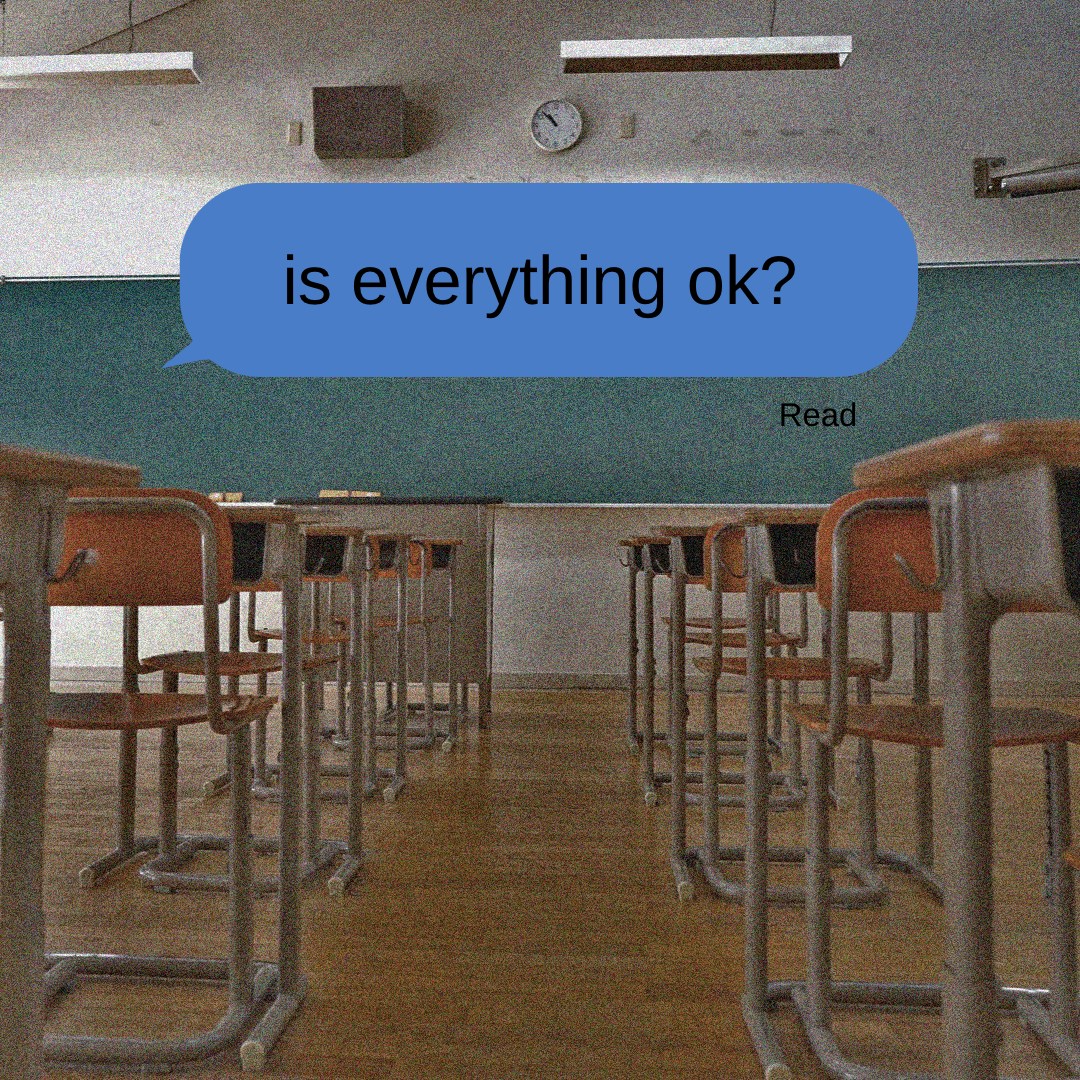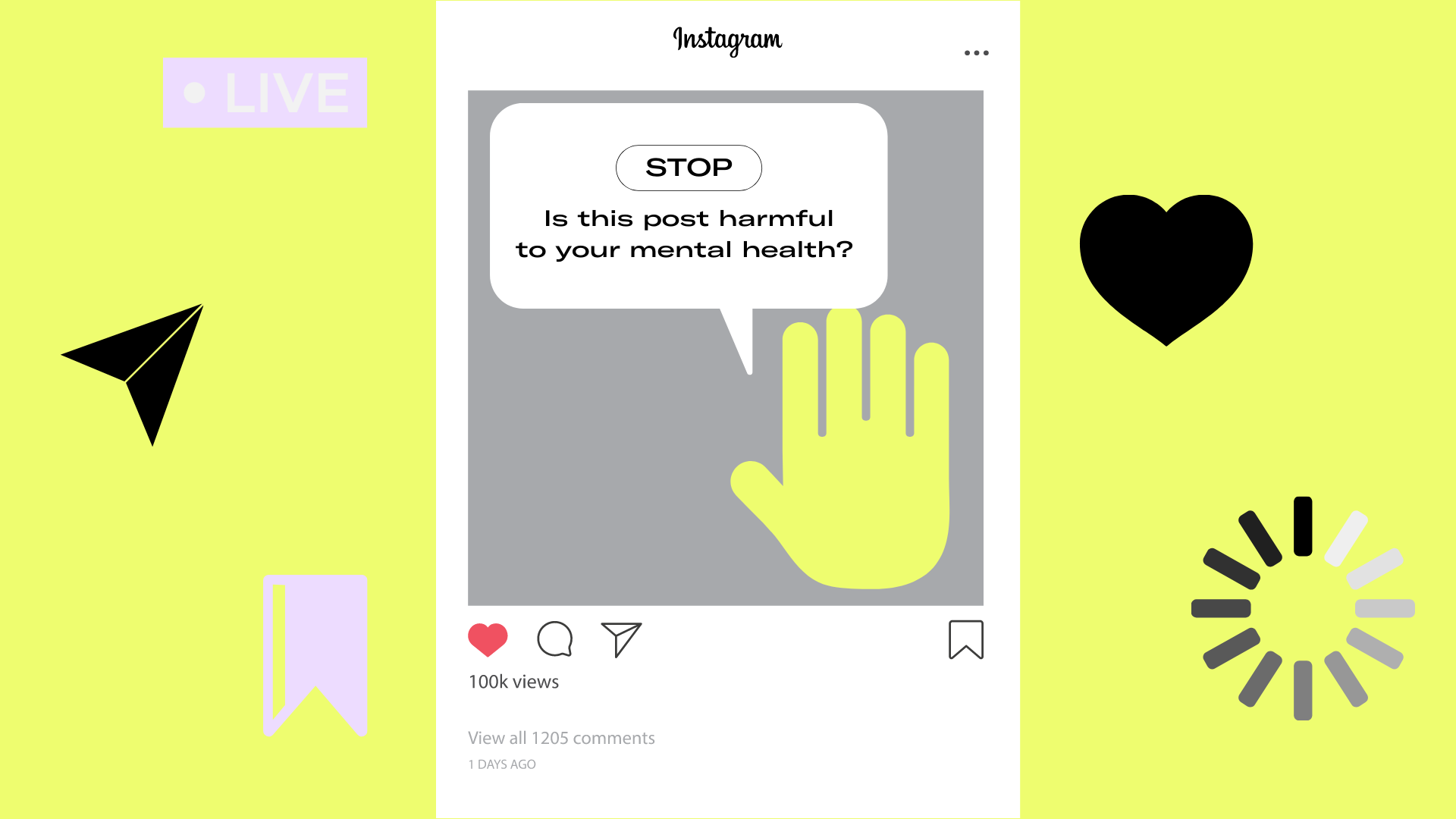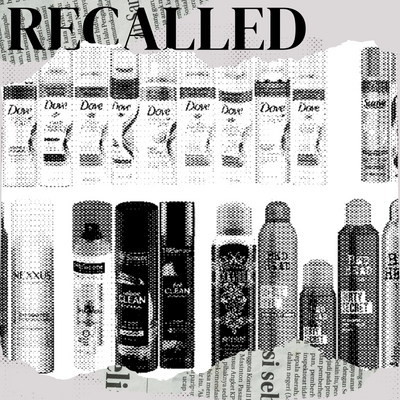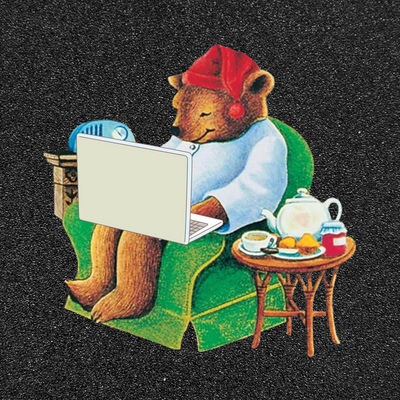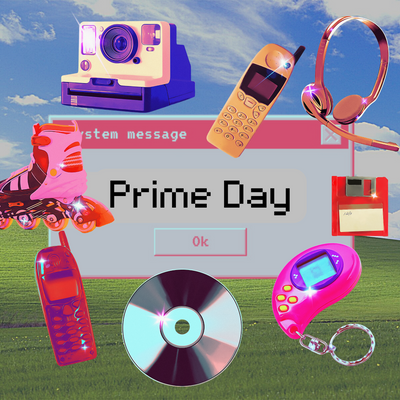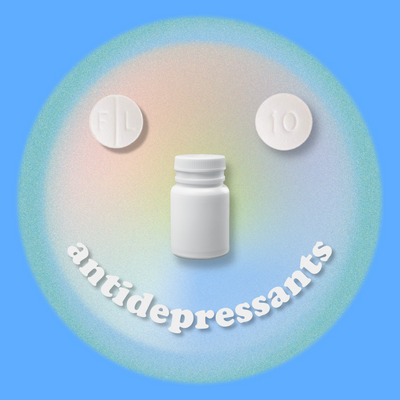The Internet has been overtaken by the “glow-up.” Across Instagram, TikTok, and YouTube, countless posts show the before and afters of short-term and long-term transformations. The glow-up transcends genre, encompassing content that ranges from organization and productivity to fitness to style. The majority of glow-ups, however, concern personal appearances. Glow-up content is satisfying to consume because we get to witness progress in the blink of an eye without having to put in any effort or work ourselves. It’s a form of instant gratification that we rarely get to experience in real life.
The intent behind sharing a glow-up is often not entirely clear. Some feel motivational, especially the ones in the cleaning or home organization niche, almost as if the person behind the camera is assuring their viewers, “you can do this too!” or “cleaning up is not an insurmountable task!” Other glow-up content can feel narcissistic or self-congratulatory, especially the ones that feature people trying to become more conventionally attractive, even when they are already good-looking to begin with. Some glow-up posts feel like excuses for the person to buy things that they’ve wanted to purchase for some time (e.g., cosmetics, clothing, beauty treatments, and even plastic surgery).
In my opinion, the Internet needs to ditch the glow-ups that are about people’s bodies and faces. I think that they promote needless consumerism, make viewers feel more insecure about their appearance, and turn self-improvement into something motivated by self-loathing rather than self-love.
If you search “glow-up” on YouTube, you will likely see thumbnails that have the flying money emoji or a large amount of cash followed by a series of question marks and exclamation points, like “$800??!!” as if the person who made the video can’t believe how much money they spent. A glow-up video will usually have multiple phases that culminate in a final reveal. Some of these activities are fairly mundane, like a pedicure or wax, while others are less relatable, like getting a cosmetic procedure done or going on an extravagant shopping spree. It’s almost as if spending a lot of money is the marker of success for glow-ups rather than the “improvements” themselves. It’s likely that viewers and content creators share the subconscious belief that if something comes with a high cost, it will be more efficacious merely by virtue of its price. We need to disabuse ourselves of this fallacy instead of doubling down on it, which is essentially what glow-up videos do.
I also think that physical appearance glow-ups make us hyper-aware of our looks in a way that is not constructive. I once saw a YouTube video of someone getting liposuction to get rid of her double chin when she barely had one in the first place. Now I’m fixated on my own mostly non-existent double chin and feel extra self-conscious about my side profile. Admittedly, I was a vain person before seeing this video (what did you expect, I’m a beauty writer), but it nonetheless unlocked a new insecurity for me. I am sure that I am not alone in losing some self-confidence after seeing someone else’s surgically-enhanced glow-up. This is made worse by the fact that I know that there is a “cure” to my “deformity” that is just out of reach because of the cost. I am stuck feeling as though I am what stands in my own way of becoming my most beautiful self by not having the means to receive cosmetic surgery, when in reality, I’ve developed an unhealthy perfectionist mindset which is what actually needs to go. I’m not knocking plastic surgery; I think it’s great that it can bring individuals confidence, but I don’t like how some glow-up content pushes the idea that it’s a necessity in order to be the most beautiful version of oneself.
There’s also a type of glow-up video prevalent on TikTok in which the viewer is presented with photos of an “ugly” child who grows into an attractive adult. These videos always leave me feeling a little sad for the creator sharing them. They come across as masochistic, like the person who put together the TikTok is punishing their younger self for not meeting their own standard of beauty. Rather than celebrating who they’ve become, these glow-ups renounce the person they were. It is also ridiculous to compare a child’s appearance to someone who is fully grown, which is what these videos do. Hopefully, the Internet will outgrow its glow-up phase soon.
READ MORE LIKE THIS
